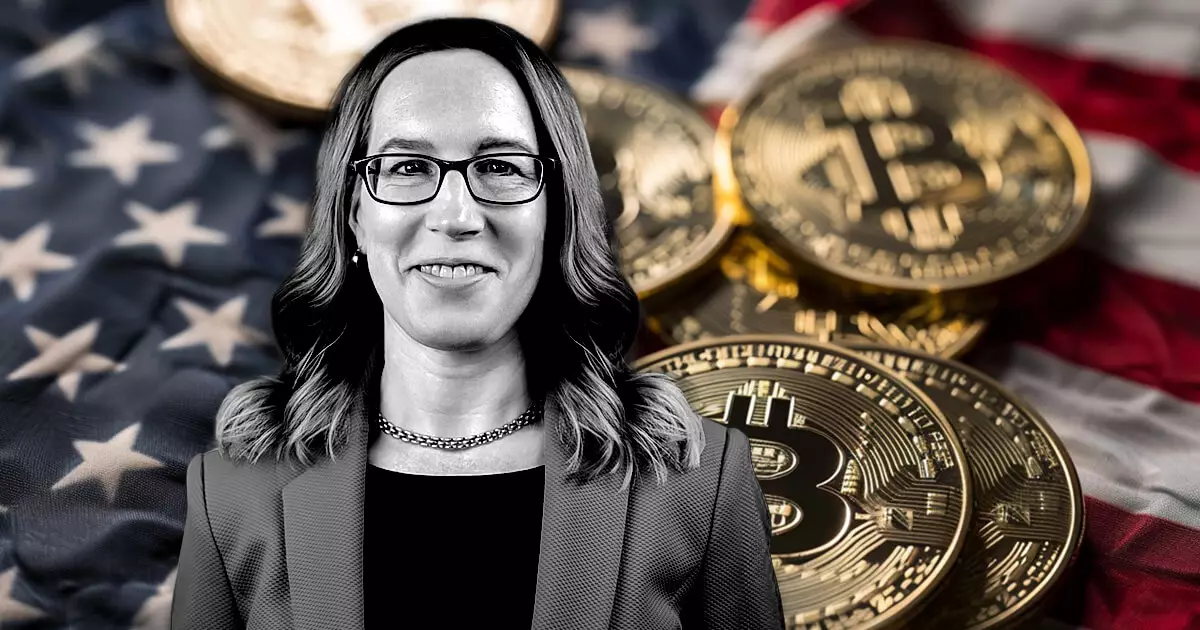SEC Commissioner Hester Peirce has recently expressed her ongoing concerns regarding the SEC’s Staff Accounting Bulletin No. 121 (SAB 121). Her comments came after a speech by SEC Chief Accountant Paul Munter, who reiterated the Commission’s stance on SAB 121, stating that it remains unchanged. Despite the growing attention around the regulation, Munter emphasized that the SEC staff’s view on SAB 121 has not shifted.
Munter explained that the SEC staff believes that entities must record a liability on their balance sheets to represent their responsibility to safeguard digital assets held for others. According to the Commission, this approach provides investors with timely and relevant information to evaluate the risks associated with safeguarding crypto assets on behalf of others. However, Munter also noted that there are exceptions to this rule. For instance, bank-holding companies that safeguard crypto with bankruptcy protection may be exempt from recording liabilities. Additionally, broker-dealers that facilitate crypto transactions but do not have control over cryptographic keys may also be exempt.
Despite the SEC’s intentions to enhance transparency and risk management in the rapidly evolving crypto industry, SAB 121 has sparked concerns within the sector. Many believe that the regulation represents an overreach by the SEC. Lawmakers in the US attempted to overturn the SEC’s guidance earlier this year, but President Joe Biden intervened and vetoed the repeal.
In response to Munter’s speech, Commissioner Peirce reiterated her concerns about both the content and process of SAB 121 on social media. She encouraged others to share their thoughts on the policy with her via email. Nate Geraci, president of the ETF Store, criticized the SEC for seemingly resisting the idea of allowing regulated financial institutions to custody digital assets. He implied that the SEC is reluctant to provide regulated financial institutions with the ability to custody crypto assets.
The ongoing debate surrounding SAB 121 highlights the complexities and challenges inherent in regulating the crypto industry. As stakeholders continue to voice their opinions and concerns, it is essential for regulatory bodies like the SEC to carefully consider and evaluate the implications of their policies on the industry as a whole. Ultimately, striking a balance between investor protection and encouraging innovation will be crucial in shaping the future of crypto regulation.

